Gansu Anti-Cancer Association Tumor Minimally Invasive Therapy Professional Committee Chair Member U
Gansu Anti-Cancer Association Tumor Minimally Invasive Therapy Professional Committee Chair Member Unit Officially Established at Gansu Wuwei Cancer Hospital
On the afternoon of October 17, the inaugural meeting of the first committee of the Gansu Anti-Cancer Association Tumor Minimally Invasive Therapy Professional Committee was grandly held at the Heavy Ion Campus of Gansu Wuwei TCancer Hospital. The conference elected Professor Nie Peng, Vice President of Gansu Wuwei Tumor Hospital, as the first Chairman, marking the official establishment of the province’s first provincial-level academic organization for tumor minimally invasive therapy in a prefectural-level hospital. This achievement represents a historic breakthrough, transitioning the chair unit of a provincial professional committee from being exclusively held by tertiary hospitals in the provincial capital to being undertaken by a leading regional hospital.
The meeting elected Vice President Nie Peng as Chairman, with Fan Yong, Lu Linzhi, Wang Ji, Wei Dengwen, and Hu Ming as Vice Chairs. The Standing Committee members included Xu Ming, Zhu Duojie, Qiu Zhisheng, Yang Yonglin, Wang Yun, Zhang Yong, Lu Wenjun, Wang Jihong, Liao Jiangtai, Ren Guorong, Liu Yue, Zhang Tiancai, Shi Quanye, Zhang Xiaoru, and Zhang Zhenming. Wang Yongjin was appointed Secretary-General, and Liu Xingji as Work Secretary.
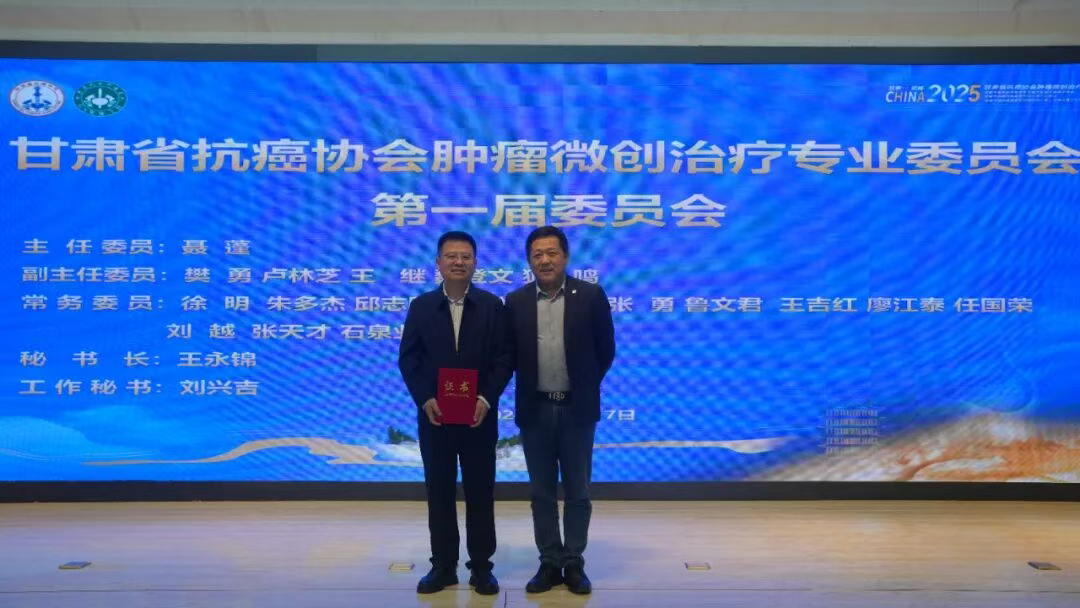
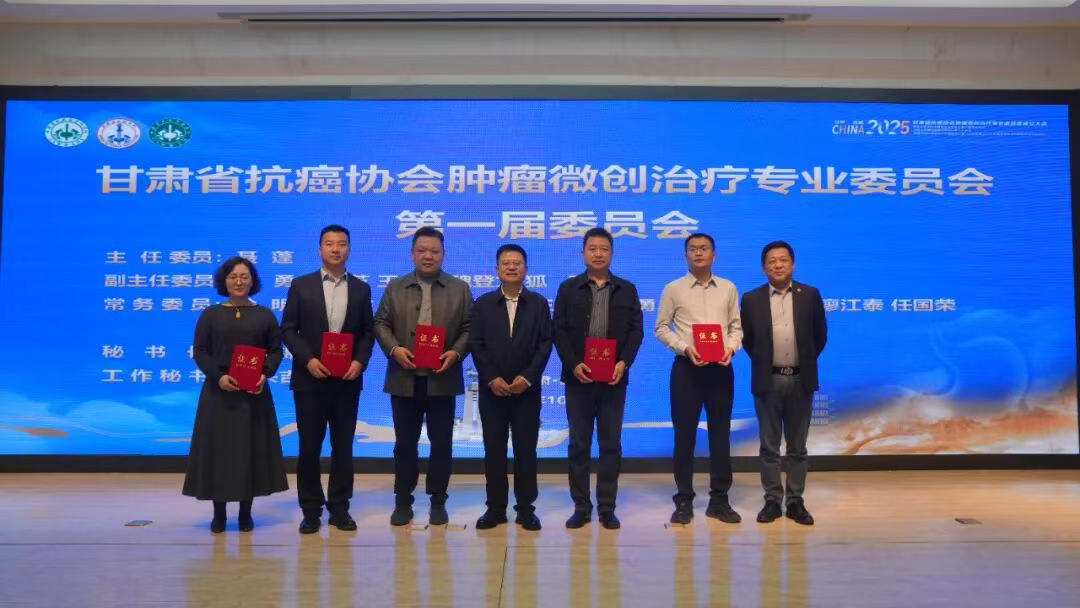
Authoritative Accreditation: A Pioneering Benchmark
At the conference, the Gansu Anti-Cancer Association officially accredited Gansu Wuwei Tumor Hospital as the "Chair Unit of the Tumor Minimally Invasive Therapy Professional Committee". This is the first provincial-level medical committee platform undertaken by a prefectural-level hospital since the implementation of the "Gansu Province Implementation Plan for Promoting the Sinking of Provincial High-Quality Medical Resources"in 2023. It breaks the traditional academic hierarchy based on city tiers and establishes a new mechanism that prioritizes technological capability.
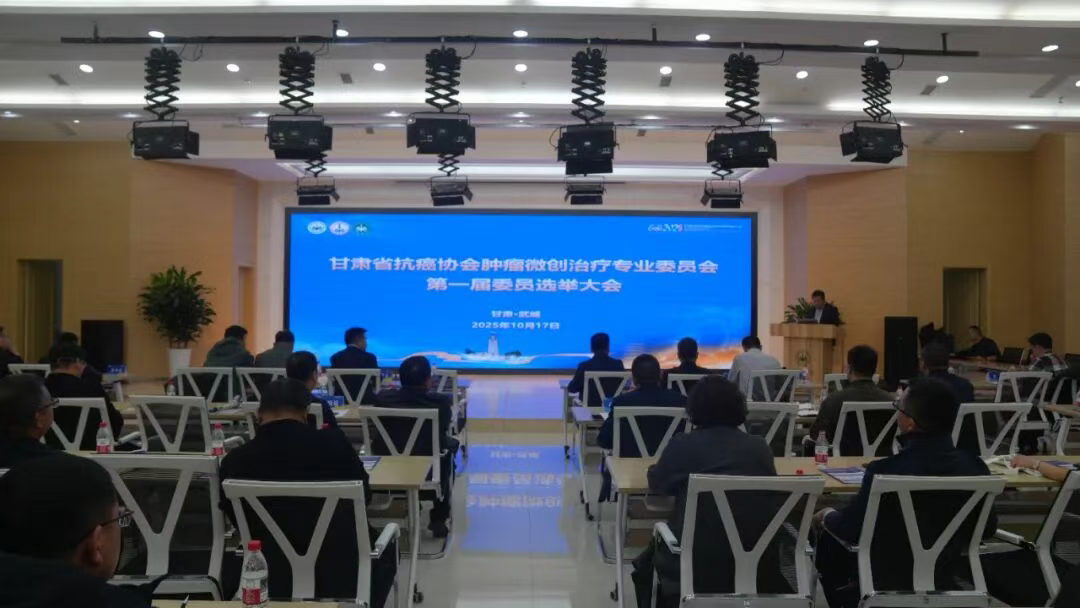
Election by Merit: Leading Gansu’s Minimally Invasive Advancements
As a renowned expert in tumor minimally invasive therapy in the province, Vice President Nie Peng has led his team to complete 2 national-level projects, presided over 1 Provincial Natural Fund project, 1 scientific research project of the Gansu Health Commission, and 3 Wuwei municipal-level projects. He holds 2 national invention patents and has published 15 academic papers (including 2 SCI papers and 5 core journal papers).
Gansu Wuwei Cancer Hospital has developed distinct characteristics in the minimally invasive treatment of digestive tract tumors. The annual volume of minimally invasive surgeries has ranked among the top three in the province for six consecutive years, with a minimally invasive cure rate of 93% for early-stage tumors. Minimally invasive surgeries account for over 80% of such procedures, with an average hospital stay of only 7.2 days, attracting patients from neighboring regions such as Qinghai, Ningxia, and Alxa Right Banner of Inner Mongolia.
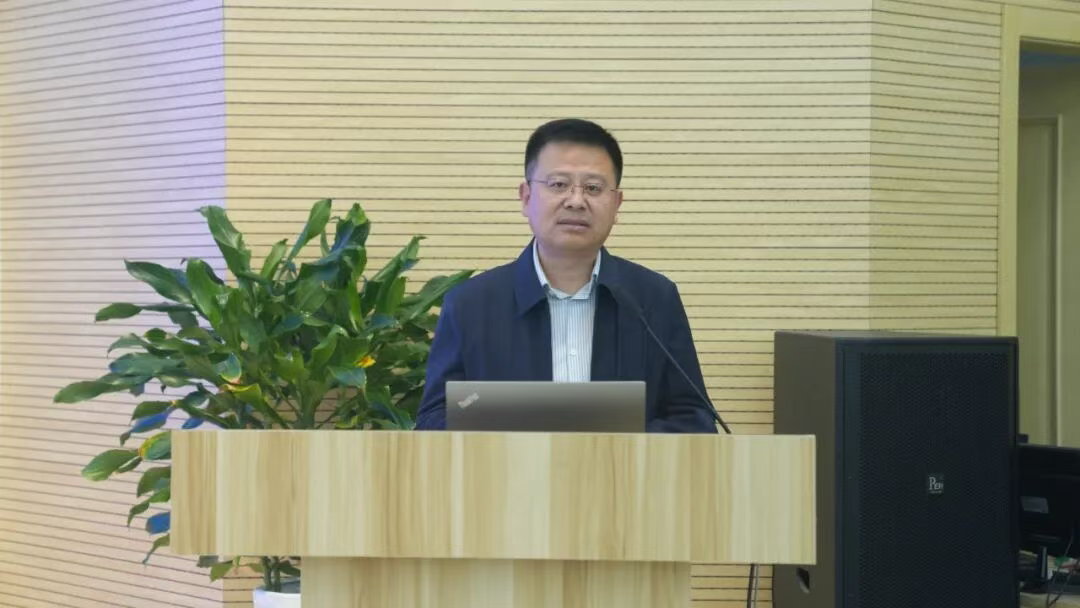
Threefold Mission: Building a Regional Collaborative Network
Leveraging the platform of its role as the leading committee institution, Gansu Wuwei Tumor Hospital will launch three action initiatives: Technology Inclusivity, Quality Control Standards, and Research Breakthroughs.
• Technology Inclusivity: Within three years, the hospital aims to establish 10 county-level Minimally Invasive Centers across the province. Experts will be stationed for training, with the goal of enabling 70% of county-level hospitals to independently perform routine minimally invasive surgeries.
• Quality Control Standards: The committee will lead the development of the "Gansu Provincial Technical Specifications for Tumor Minimally Invasive Therapy"and establish a unified provincial case database to achieve homogenized diagnosis and treatment management.
• Research Breakthroughs: In collaboration with institutions such as Peking University Cancer Hospital, key projects will be advanced, including "Minimally Invasive Therapy Combined with Immunotherapy" and "Early Cancer Screening Technologies" .
The committee will annually host the "Silk Road Minimally Invasive Tumor Forum" and establish a Grassroots Innovation Fund to support specialized technical research in local hospitals. As emphasized: "Our goal is not only technology transfer but also to stimulate independent innovation capabilities at the grassroots level."
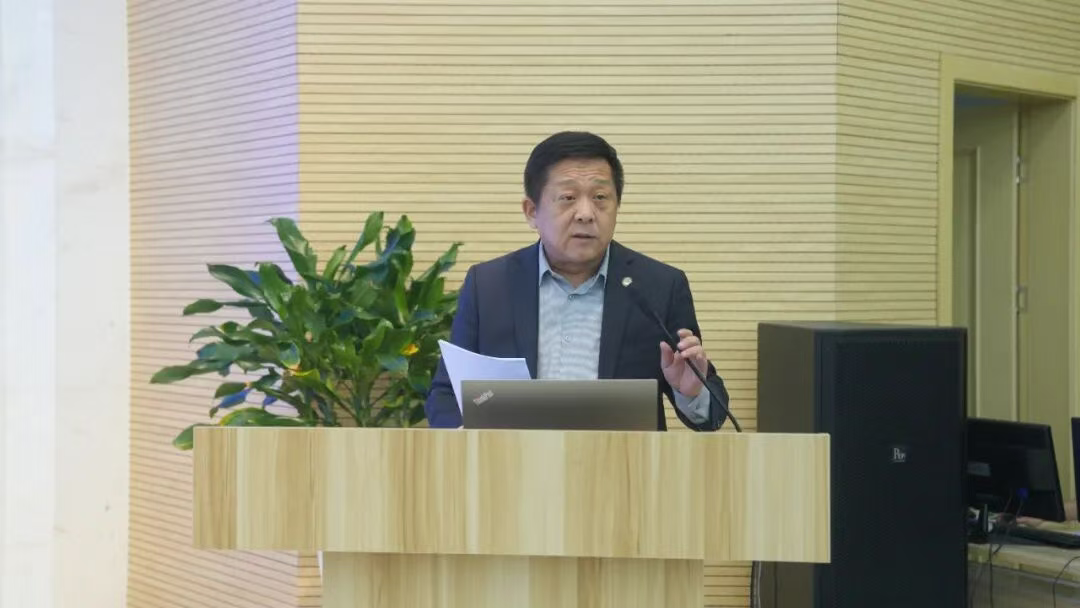
Policy Support: A Model of Healthcare Reform Benefiting the People
The success of Gansu Wuwei Cancer Hospital serves as a vivid example of the sinking of provincial high-quality medical resources and a benchmark for prefectural-level hospitals to achieve leapfrog development.
In the future, the hospital plans to build a "1-hour minimally invasive emergency circle", develop an AI-assisted early cancer screening system, and implement "direct medical insurance settlement + cross-regional record filing" services. These initiatives aim to ensure that "major illnesses are treated within the province and experts are accessible locally", extending the benefits of minimally invasive technologies to more people in Gansu and across Northwest China.
Taking the establishment of the Chair Unit as a new starting point, Gansu Wuwei Cancer Hospital will continue to expand its technological advantages, accelerate the diffusion of high-quality resources, and contribute minimally invasive expertise to the "Healthy Gansu" initiative, writing a warm chapter in the rise of grassroots healthcare in China.
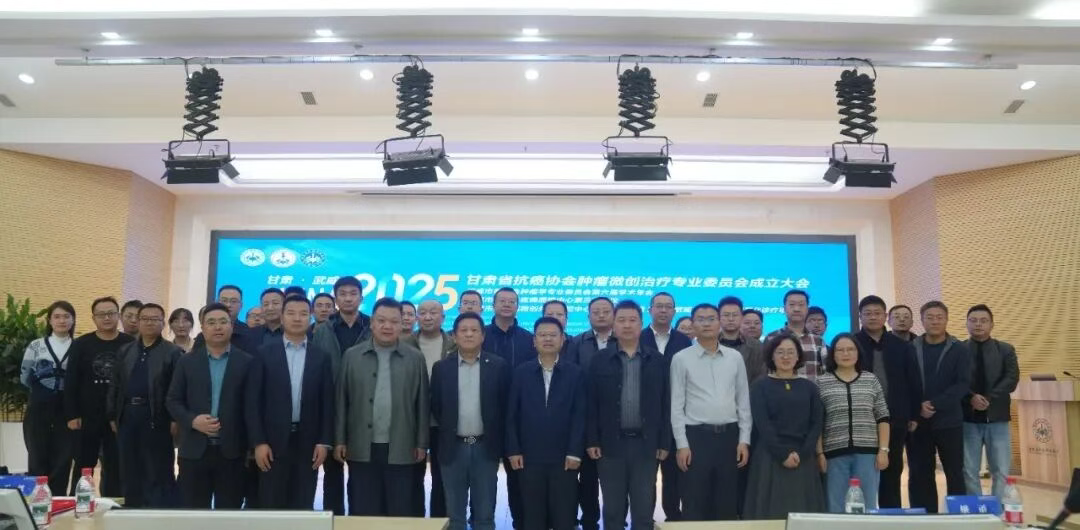
Preliminary Review: Zhang Lihong
Final Review: Zhang Jie
